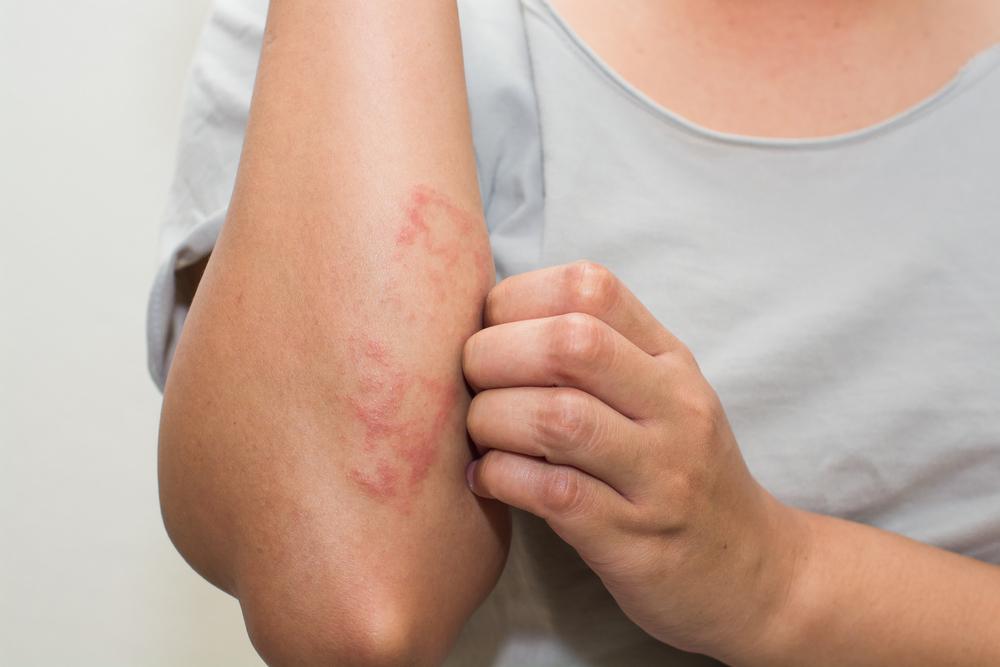
Symptoms and Treatment Options for Psoriasis
A chronic autoimmune disorder, psoriasis causes a rapid accumulation of skin cells. The extra skin cells on the surface form itchy scales and red, inflamed patches that might be painful. There is no cure for psoriasis, but you can take several measures to manage its symptoms. However, you first need to identify the signs, as they can be difficult to distinguish in the initial stage.
Recommended Read: Five Essential Tips to Help Achieve Long-Term Relief from Psoriasis
So how can you tell whether it is psoriasis or rash?
Usually, psoriasis start as reddish and tiny bumps which gradually grow more prominent, i.e., they form rashes, eventually progressing into thick scales. Although these can occur on any part of the body, they typically appear on the scalp, elbows, lower back, and knees. It is important that you notice the frequency and duration of your rash. If it is not going away and you are developing a thick skin, then you should immediately visit a dermatologist who can confirm the condition for you. The doctor will conduct a physical test to diagnose you. However, to gain an out-and-out diagnosis, your doctor might recommend a skin biopsy to exclude other possibilities.
Apart from red, inflamed patches and scaly skin, psoriasis is characterized by signs like burning sensations, pain and swelling in the joints (psoriatic arthritis), pitted and thick nails, and dry skin that can crack and bleed. However, every person will experience different kinds of symptoms as their condition can range anywhere from mild to severe. Also, there are different types of psoriasis, which make the signs diverse. Psoriatic symptoms might follow a cycle, i.e., you can have sudden flare-ups, and on a few days, all the scaly skin would disappear on its own. However, this doesn’t mean that it wouldn’t pop up again.
The symptoms of psoriasis can initiate or aggravate due to a range of triggers. They vary from person to person. Some of the common ones are infections on skin infections or strep throat; smoking; unwarranted intake of alcohol; excessive stress; vitamin D deficiency ; damage to the skin such as serious sunburn, cuts, and insect bites; and medications which are usually used for treating high blood pressures and bipolar disorder. Therefore, if you notice such patterns, work out a plan with your doctor to control the symptoms.
Recommended Read: Introduction & Types of Bipolar Disorders
Treatment of psoriasis
Depending on your signs, age, and overall health status, the doctor will customize a treatment strategy that will alleviate symptoms effectively as well as quickly. This involves the use of special shampoos and soaps, steroid creams, retinoid creams, vitamin D ointments, and moisturizers for dry skin . Apart from these, doctors can also recommend light therapy that uses a UV light which deters the growth of extra skin cells. Use of oral and injected medications is quite likely too.
Along with medical treatments, you also need to embrace some healthy lifestyle changes, so that your body can evade psoriatic flare-ups for the longest time. For instance, if you happen to be overweight, lose some pounds as it can help you get rid of the symptoms. Likewise, if your diet is an issue, you need avoid foods that promote inflammation in the body.




